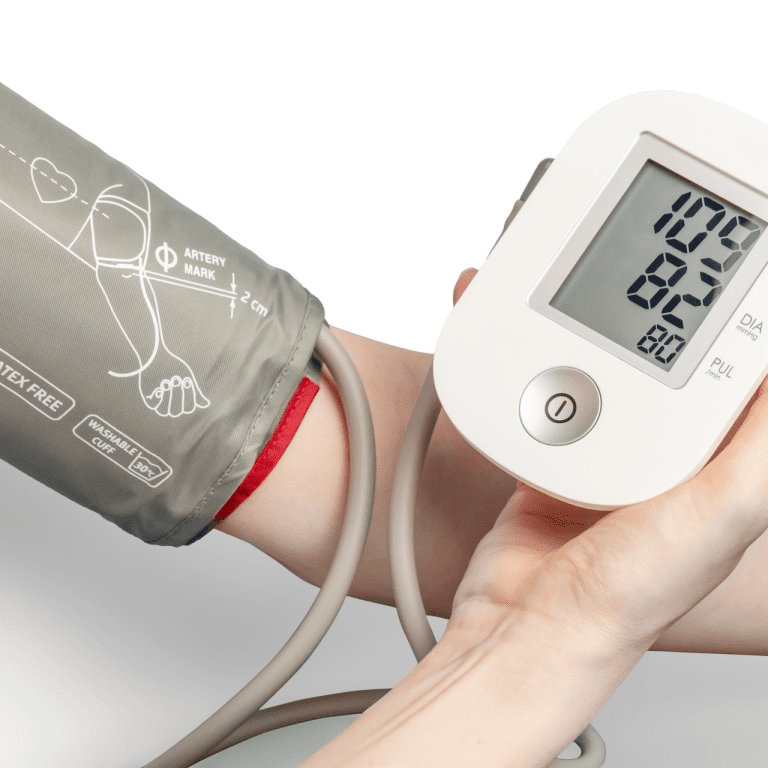Key Takeaways:
- New digital literacy programs aim to close the telehealth gap by teaching Medicare beneficiaries essential online skills.
- Accessing telehealth services can significantly improve care for seniors, but digital literacy remains a critical barrier for many.
Telehealth in Medicare: How New Digital Literacy Programs Aim to Bridge Gaps
Telehealth has revolutionized the way Medicare beneficiaries access healthcare services. Offering virtual medical visits, consultations, and follow-ups, it provides convenience, especially for seniors with mobility issues or those in rural areas. However, a significant challenge has emerged—the digital divide. Many seniors struggle to use telehealth effectively due to low digital literacy. In 2024, new digital literacy programs are increasingly vital in bridging this gap, ensuring equitable access to healthcare for all Medicare beneficiaries.
The Importance of Telehealth in Medicare
Telehealth has become an essential component of healthcare delivery within Medicare. In recent years, especially following the COVID-19 pandemic, its use has soared. Telehealth allows patients to consult with healthcare providers remotely, offering real-time solutions to health concerns without needing in-person visits. This approach is particularly beneficial for older adults, many of whom have limited access to transportation or live in rural areas with fewer healthcare providers.
For Medicare recipients, telehealth can mean the difference between timely care and delays that exacerbate health conditions. This is especially relevant for chronic disease management, mental health services, and routine check-ups. With rising healthcare costs and an aging population, telehealth services help reduce hospital readmissions and lower overall healthcare expenditures. However, despite its advantages, many seniors face barriers to accessing these services—chief among them being digital literacy.
The Digital Divide: A Barrier to Telehealth
While telehealth presents a transformative opportunity for the healthcare industry, its success hinges on the ability of patients to navigate the necessary technology. Unfortunately, for many Medicare beneficiaries, especially those over 65, the digital world can be confusing and intimidating.
A study from the Pew Research Center shows that nearly one-third of adults aged 65 and older do not use the internet, while many who do face challenges in adopting new technology. Limited experience with smartphones, computers, and online platforms can prevent seniors from accessing telehealth services. Moreover, concerns about privacy, data security, and difficulty navigating health portals compound the problem.
For Medicare beneficiaries already facing numerous health challenges, these digital barriers add another layer of complexity to accessing care. While some seniors may have family members who can assist with technology, many do not, making digital literacy a critical issue.
Bridging the Gap with Digital Literacy Programs
In response to the growing reliance on telehealth services and the evident digital divide, various organizations and government programs have stepped up efforts to improve digital literacy among seniors. These programs aim to equip Medicare beneficiaries with the skills and confidence they need to use technology effectively, ensuring they can take full advantage of telehealth services.
Government and Nonprofit Initiatives
One notable initiative is the Digital Equity Act of 2021, which funds digital literacy programs for underserved communities, including older adults. This law focuses on expanding broadband access and providing training in digital skills, both of which are essential for using telehealth platforms.
In addition, nonprofits such as OATS (Older Adults Technology Services) have launched programs like “Aging Connected.” This initiative is specifically designed to help seniors access the internet and learn how to use technology for healthcare, including telehealth. These programs offer free classes on using smartphones, computers, and healthcare apps, making telehealth more accessible for seniors enrolled in Medicare.
Private Sector Contributions
The private sector has also recognized the importance of digital literacy for seniors. Tech companies have partnered with healthcare providers to create user-friendly platforms that cater to the needs of older adults. For example, some apps now feature simplified interfaces with large fonts and easy navigation tools to accommodate seniors who may not be tech-savvy.
Moreover, many Medicare Advantage plans are beginning to offer free or low-cost devices, such as tablets or smartphones, bundled with digital literacy training. These offerings help seniors not only access telehealth services but also feel comfortable doing so.
Key Features of Digital Literacy Programs for Seniors
The digital literacy programs designed for Medicare beneficiaries focus on specific skills required to access telehealth services successfully. These programs emphasize the following key areas:
-
Basic Internet and Device Navigation: Many programs start with foundational skills, such as using a smartphone or computer, understanding Wi-Fi connectivity, and navigating web browsers. Without these basic skills, seniors cannot access telehealth platforms or related healthcare apps.
-
Video Conferencing Tools: A major aspect of telehealth is video consultations. Digital literacy training introduces seniors to video conferencing software like Zoom, Microsoft Teams, or proprietary telehealth apps from healthcare providers. Training covers everything from logging in, setting up video calls, and troubleshooting common issues like audio or video problems.
-
Online Security and Privacy: Concerns about privacy and data security are among the primary reasons seniors hesitate to embrace telehealth. Digital literacy programs educate Medicare beneficiaries on safeguarding their personal information. They also guide participants on creating strong passwords, recognizing phishing scams, and understanding the privacy policies of telehealth platforms.
-
Patient Portals: Many healthcare providers use patient portals where Medicare beneficiaries can view medical records, request prescription refills, and schedule appointments. These programs guide seniors on setting up accounts, navigating the portal, and securely communicating with healthcare providers.
-
Troubleshooting and Help Resources: Even after training, seniors may encounter problems using telehealth services. Many digital literacy programs offer ongoing support, including helplines or one-on-one assistance. This continuous support is vital to ensure that seniors don’t abandon telehealth after encountering technical difficulties.
Overcoming Digital Literacy Challenges
Despite the growing number of digital literacy programs, challenges remain. Many seniors may be unaware that these resources exist, while others may feel too intimidated to participate. To address these barriers, outreach efforts are crucial. This includes partnerships with senior centers, Medicare offices, and community health workers who can guide beneficiaries towards digital literacy resources.
Additionally, the education needs to be tailored to different levels of digital proficiency. Some seniors may already have experience using the internet but require more specific guidance on telehealth platforms, while others may need help with basic tasks like sending an email or joining a video call. Flexibility in training programs can better meet the diverse needs of older adults.
The Future of Telehealth and Digital Literacy in Medicare
As we move further into 2024, the role of telehealth in Medicare is only expected to grow. The federal government continues to support the expansion of telehealth services through Medicare, and many states are incorporating telehealth as a permanent feature of their healthcare systems.
For this growth to be truly inclusive, digital literacy programs will need to keep pace. Increasing broadband access in rural areas, expanding digital literacy training, and continuing to develop senior-friendly technologies will all play critical roles in the future of telehealth.
It is also likely that Medicare will introduce more policies aimed at addressing digital literacy gaps. For instance, there may be increased funding for community-based digital literacy initiatives, and more Medicare Advantage plans may offer bundled technology and training as part of their services.
Accessible Healthcare for All
Telehealth has the potential to transform healthcare access for Medicare beneficiaries, but without proper digital literacy, many seniors could be left behind. Fortunately, with the right training and resources, seniors can gain the skills they need to use telehealth platforms confidently and effectively. As digital literacy programs expand and evolve in 2024, they will continue to play a vital role in ensuring that all Medicare beneficiaries, regardless of their tech-savviness, can benefit from the convenience and efficiency of telehealth.
Contact Information:
Email: [email protected]
Phone: 7045556789






